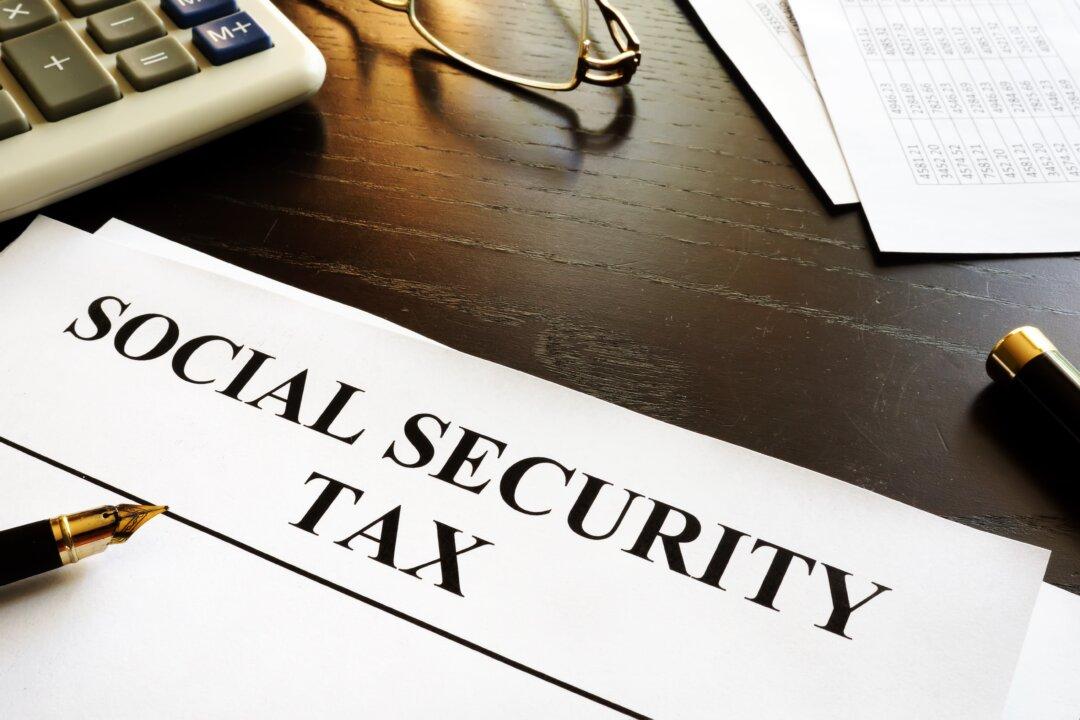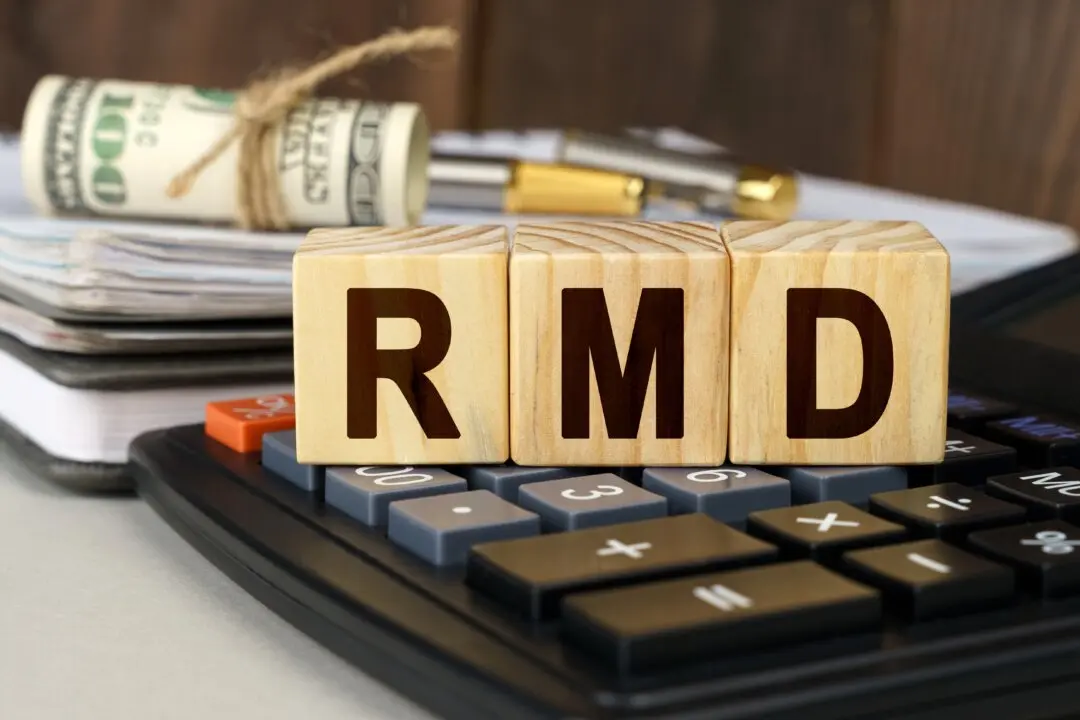If you’re concerned about the future of the economy and the potential for a recession on the horizon, you’re not alone.
The consumer confidence index dropped by 7.9 points in April to 86, according to an analysis by The Conference Board, a global think tank. Moreover, the Conference Board’s Expectations Index, which is based on consumers’ short-term outlook for income, business, and labor market conditions, plunged 12.5 points to 54.4. This marks the lowest level since October 2011. It also falls below the threshold of 80, which typically signals a recession ahead.






